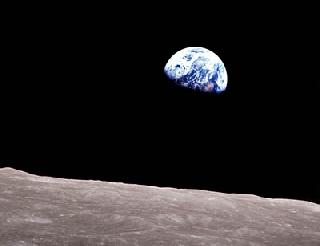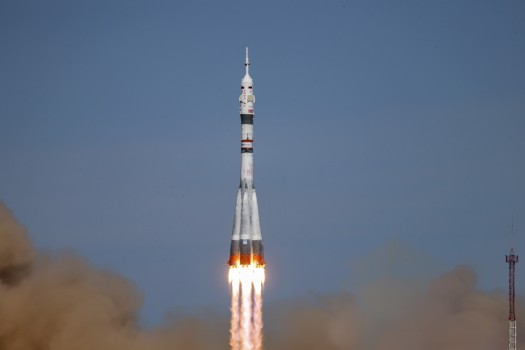
WASHINGTON (PTI): Contrary to decades-old assumption, a new research on the columns of hot rock from the Earth's core has concluded that our planet has a different chemical make-up from the Sun.
For over a century, planetary scientists assumed the Earth has same chemical make-up as the Sun, based on the idea that everything in the solar system in general has the same composition. Now, an international team has found otherwise.
As it is easier to measure the chemical make-up of chondritic meteorites, planetary scientists have long used these to more precisely determine the Sun's composition -- and therefore the composition of the Earth. From this, the team has concluded that the Earth has a "chondritic" composition.
Prof Ian Campbell at the Australian National University, who led the team, said he spent 20 years researching mantle plumes -- columns of hot rock that rise from the boundary of the Earth's core and are the mechanism that removes heat from the Earth's centre.
"The problem with the idea of a hidden reservoir is that although these elements could be hidden we would be able to detect the heat they produce.
"However, mantle plumes simply don't release enough heat for these reservoirs to exist. As a consequence the Earth simply does not have the same composition as chondrites or the Sun," he said in a release.
Prof Hugh O' Neill, a team member, added: "The Earth is thought to have formed by collision of planetary bodies of increasing size. In our research we suggest that by the time these planetary bodies had reached a moderate size they developed an outer shell that contained a significant amount of heat-producing elements.
"During the final stages of the Earth's formation this outer shell was lost by a process called 'collisional erosion'. This produced an Earth that has fewer heat producing elements than chondritic meteorites, which explains why the Earth doesn't have the same chemical composition as chondritic meteorites."
The findings have been published in the 'Nature' journal.
 Previous Article
Previous Article Next Article
Next Article













The Indian Air Force, in its flight trials evaluation report submitted before the Defence Ministry l..
view articleAn insight into the Medium Multi-Role Combat Aircraft competition...
view articleSky enthusiasts can now spot the International Space Station (ISS) commanded by Indian-American astr..
view article